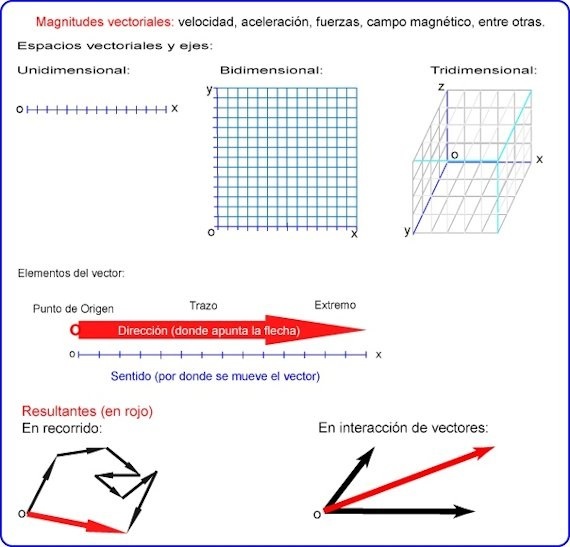Importance of Freedom
Miscellanea / / August 08, 2023
Freedom has been -and always will be- the main referent for the processes of social transformation, in rebellions and changes in the exercise of power that have occurred throughout history. It is a principle in the nature of human and social life, which is understood as the ability to freely exercise individual will, without external submission. Freedom poses an implicit questioning of every power relationship and has accompanied the human being as a way of understanding the life, an unresolved aspiration, or in many other ways, to the extent that it always interacts between desire and social reality.
Freedom and Equality
For the Constitution of modern societies, freedom and equality are principles that accompany and constantly stress the forms of government and social cohesion. Although for modern thought these are two harmoniously related premises, in many cases they are claimed in an antagonistic way. Freedom forks between an organic relationship with the common good and the collective will, and an individual conception, sustained under the principle of freedom.
private property (First of all, from oneself, but with an extension towards private accumulation as the basis of the capitalist economy).The contrast between individual freedom and collective freedom or the common good legitimizes inequality in modern societies, to the extent in which the freedom of a person adjusts to the space it occupies in the social stratification, limiting and subordinating the real exercise of the freedom. That is why modern thought has necessarily linked equality and freedom as pillars of the same societal project.
Authority and Freedom
Freedom is exercised in a society as a counterpart to the forms of authority that are constituted in the political, economic, social, religious structures, etc. For the philosophical currents inspired by anarchism, the State as a form of monopoly of the Sovereignty, as well as religious institutions of power, supersede the free nature of being human. On the contrary, other philosophical currents defend that the principle of authority is founded to create an order social, to avoid the danger of chaos and "disorder" in society that would lead to the free development of wills.
One way to define freedom is as the absence of subjection or subordination. The legitimization of a form of social authority can be opposed to the free exercise of the will. From the modern revolutions, the forms of government seek to legitimize from the free exercise of will under the premise of the natural rights of the human being, among which freedom is established, however, the power relationships they also remain, establishing forms of government and conflict that determine the historical development of society. This form of exercise of authority in modernity would be called governmentality by the philosopher Michael Foucault, under the political project that would later constitute the liberalism.
civil liberties
Liberalism proposes the category of civil liberties to refer to a derivation of forms of exercise of freedom (of expression, association, property, work, trade, worship, of communication, etc.) from the institutional subject that would be the citizen, as an individual belonging to a State, with equal political rights with each of the other citizens. The recognition of freedoms and rights would form the center of tension within the democratic project that would arise under liberalism.
Civil rights and liberties would be a way of regulating and exercising governance based on the recognition of human freedom, either as a natural principle or as a value of modern societies, at the same time that it subordinates it to the legal and juridical recognition of the State, and the power relations that constitute it historically. At the same time, liberalism became the political expression of the capitalist economy, where the private accumulation of capital as part of the economic liberties of some citizens opened up a field of social inequality, which directly discriminated the real liberties -not legal- of the people.
Sources
Bakunin, Mikhail. God and the State. Libertarian Utopia Collection. The Silver. 2008.
Berlin, Isahías. Two Concepts of Freedom. Oxford University. 1958.
write a comment
Contribute with your comment to add value, correct or debate the topic.Privacy: a) your data will not be shared with anyone; b) your email will not be published; c) to avoid misuse, all messages are moderated.

